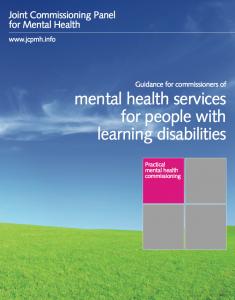 A ground-breaking research project funded by Newlife Foundation for Disabled Children is investigating a new treatment to help prevent some of the world’s most common birth defects. The treatment – which uses DNA-boosting nucleotides – could be used in conjunction with folic acid to boost its effectiveness in combating neural tube defects, such as spina bifida, in early pregnancy.
A ground-breaking research project funded by Newlife Foundation for Disabled Children is investigating a new treatment to help prevent some of the world’s most common birth defects. The treatment – which uses DNA-boosting nucleotides – could be used in conjunction with folic acid to boost its effectiveness in combating neural tube defects, such as spina bifida, in early pregnancy.
A medical study published on 9th August 2013 in the journal Brain shows that, when tested in mice, the new treatment reduced the incidence of neural tube defects (NTDs) by 85 per cent. This treatment was also successful in preventing some kinds of NTDs that are currently unresponsive to folic acid. The research team believes the findings could make way for future trials in patients, to investigate whether the same level of prevention can be achieved for human neural tube defects.
NTDs like spina bifida and anencephaly are among the most common birth defects in the world, affecting around every one in 1,000 pregnancies, with much higher rates in some countries. Commenting on the new research, Nicholas Greene, Professor of Developmental Neurobiology, said:
'We are still in the early stages of this research, but we hope that these promising results in mice can eventually be replicated with human NTDs. If it is found to be effective, this nucleotide treatment could boost the effects of folic acid and offer expectant mothers an even more reliable safeguard against relatively common defects like spina bifida.
'While we continue our research into this new treatment, it’s important to emphasise that folic acid supplements remain the most effective prevention against NTDs currently available for women who are planning a baby. While we are greatly encouraged by these new findings, I would strongly urge women to continue taking folic acid in its current form until we reach a point where additional supplements might become available.'
 This guide is about the commissioning of mental health services for people with learning disabilities, enabling them to live full and rewarding lives as part of their local communities.
This guide is about the commissioning of mental health services for people with learning disabilities, enabling them to live full and rewarding lives as part of their local communities.

 KIDS
KIDS A ground-breaking research project funded by
A ground-breaking research project funded by 